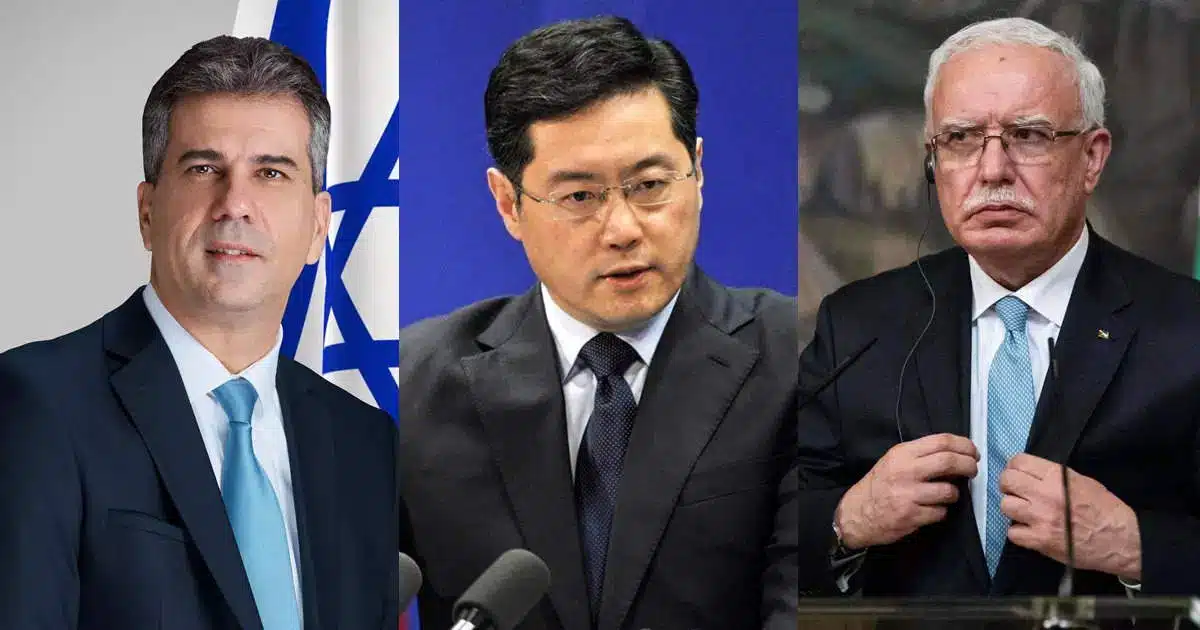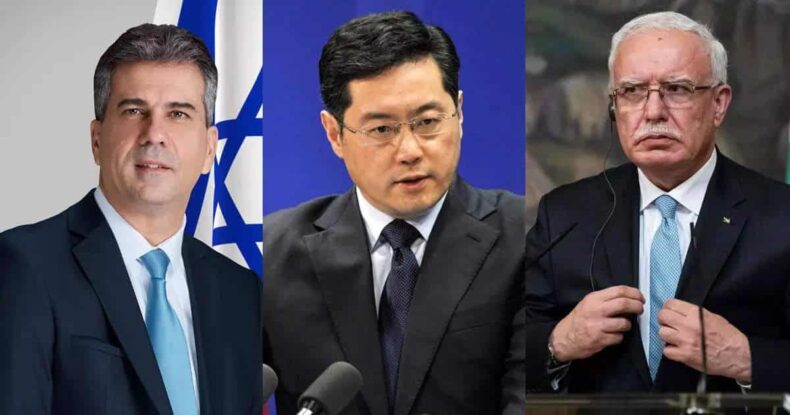For decades, the Israel-Palestine conflict has been a major source of tension and instability in the Middle East. Despite numerous attempts at resolving the issue, little progress has been made toward achieving lasting peace between these two arch-rivals. However, amidst this deadlock, China recently offered to mediate peace talks between Israel and Palestine. This move caught many by surprise but could potentially bring about much-needed reconciliation and stability to the region. In this blog post, we’ll explore China’s role in this conflict and discuss whether mediation is a viable solution for breaking the impasse.

Background of the Israel-Palestine Conflict
The conflict is a dispute over land ownership in which both sides claim historical and religious ties to the same territory. The conflict began with the mass immigration of Jews into Palestine during British colonial rule. After World War II, tensions escalated as Zionist militias fought for an independent Jewish state in Palestine. In 1948, Israel declared independence while neighboring Arab states invaded in support of Palestine, leading to a series of wars that entrenched animosity between Israelis and Palestinians. Today, the main issues include settlement expansion on disputed territories, access to water resources, and security concerns for both sides.

China’s Role in the Conflict
China’s role in the conflict has been interesting, offering itself as a mediator between Israelis and Palestinians. China argues that it has no political agenda in the region and can act as an impartial broker for peace negotiations. It put forward a four-point proposal for resolving the conflict in 2017, which included supporting Palestine’s independence, respecting Israel’s right to exist within secure borders, promoting dialogue between both parties and providing economic assistance to support regional development.
The Benefits of Mediation
Mediation offers many benefits that could help break the impasse and bring peace to the region. One of its main advantages is that it provides an opportunity for both sides to engage in dialogue, which is essential for building trust and understanding. Mediation also allows for a neutral third party to assist with negotiations, providing guidance and support throughout the process. Furthermore, mediation has been successful in resolving conflicts around the world, including in other parts of the Middle East.
In addition to promoting stability and security in the region, mediation could also have economic benefits by creating opportunities for trade and investment between Israel and Palestine. While the Israel-Palestine conflict has proven to be one of the most challenging diplomatic crises in modern history, China’s offer to mediate peace talks between the two nations offers hope for a resolution. However, there are obstacles that must be overcome before any progress can be made. Ultimately, for lasting peace to be achieved, all parties involved must be willing to engage in constructive communication toward reconciliation.












